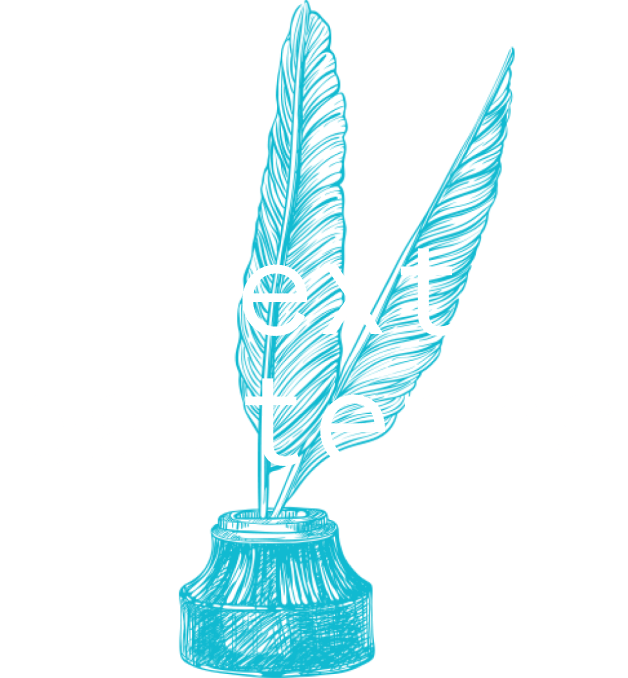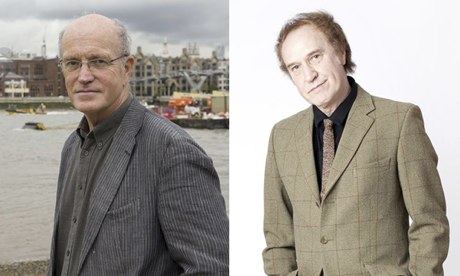December 11, 2013
beyond snark and smarm
Just a brief couple of comments on the whole snark-vs.-smarm Ultimate Revenge Cage Match that was kicked off by Tom Scocca in this article: One: Scocca’s way of distinguishing between snark and smarm is completely incoherent. “Smarm,” he says, “would rather talk about anything other than smarm. Why, smarm asks, can’t...



